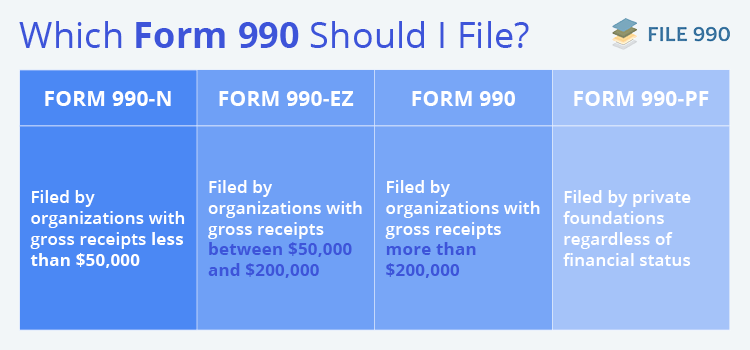
Sororities and women’s fraternities on college campuses are complex organizations. They provide social activities, community support and leadership opportunities. They are also, in effect, small businesses. Like any small business – even nonprofits – sororities are required to report annually to the IRS.
Why Filing by a Sorority is Required
At a high level, a sorority chapter on a particular college campus may or not be legally incorporated in their home state. Often, their legal existence is by virtue of the charter granted to them by their inter/national headquarters. The sorority headquarters is a nonprofit, tax-exempt organization. As a result, the local chapter on a particular campus is a nonprofit, tax-exempt organization.
Tax-exempt means the sorority chapter is not required to file federal income taxes on the money it makes charging membership dues or fees to attend an event. However, the sorority may still be required to pay state or local income taxes, sales and use tax or other business taxes depending on the laws and regulations of their hometown and state.
To avoid paying federal income taxes, the IRS requires sororities (and all other nonprofit organizations) to file a Form 990 with the IRS each year. If a sorority does not file for three years in a row, it automatically loses its tax exempt status and becomes subject to significant fines and penalties from the IRS.
It is very important for chapters officers to make sure their Form 990 is properly filed each year. In some cases, your inter/national headquarters may take care of this for you. However, be sure to verify whether that is the case. If your international headquarters is not filing the 990 for your sorority chapter, you are expected to obey this law and file each year.
What Form to File
To make matters more complicated, there are different types of the Form 990 different sororities might file. The IRS provides a good summary.
If your sorority has $50,000 or less in annual gross receipts or revenue, you can use the simple Form 990-N also known as the e-postcard. The Form 990-N must be filed with the IRS online. There is no paper option. Sororities and other tax-exempt organizations can use the IRS portal to file the Form 990-N. In addition, authorized IRS e-filing services like File990.org make it easy to file online and maintain filing information from year to year.
If your sorority makes more than $50,000 in income but less than $200,000, you should use the Form 90-EZ. Authorized IRS e-filing services like File990.org provide a simple, step-by-step solution to help charities and other tax exempt organizations file their 990-EZ electronically.
If your sorority chapter brings in more than $200,000 in annual revenue, you need to file the full Form 990. File990.org does not currently offer electronic filing of the Form 990, but companies like OmegaFi and Greek Resource Services work with fraternities to complete and electronically file the much more complex full Form 990.

When to File
Now that you know you have to file and you have figured out which form to file, a sorority needs to make sure it files on time.
Your sorority must file its Form 990 no later than the 15th day of the fifth month after your nonprofit’s fiscal year ends.
That means, if your nonprofit organization follows a calendar year and your fiscal year ends on December 31, you must file your Form 990 no later than May 15. If your nonprofit organization’s fiscal year ends on June 30, you must file your Form 990 no later than November 15. You can see the complete list of filing deadlines on the IRS website’s page about due dates.
If the due date (the 15th) falls on a Saturday, Sunday or legal holiday, your due date is delayed until the next business day.
If you do not know when fiscal year ends, you need to figure it out. The IRS has some recommendations about how to determine it. A sorority could also consult with its inter/national headquarters. In addition, OmegaFi and Greek Resource Services typically have tools available to help sororities identify when their fiscal year ends.
Conclusion
In short, filing the Form 990 is the law. Like filing your own personal income tax return with the IRS, sororities must file their 990 information tax return with the IRS every year – even when sororities do not owe any taxes. There are plenty
of resources available to help sororities including file.990.org (for electronic filing of the Form 990-N and 990-EZ) as well as OmegaFi and Greek Resource Services (for the full 990 or when you might need additional help with the Form 990-N or 990-EZ).












